Focus On: International Aid to Palestine
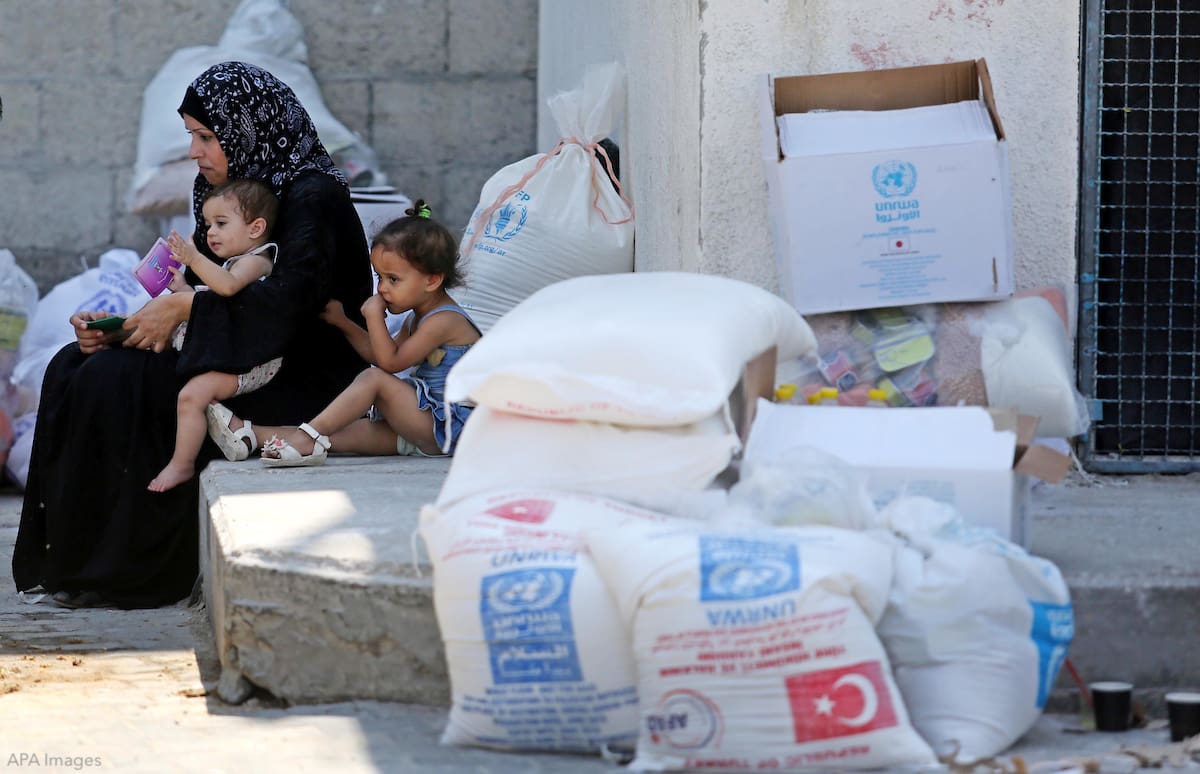
The Trump Administration’s aid cuts to Palestinians, while disastrous, can spur a reassessment of the Oslo Accords aid model, which for decades has failed to bring Palestinians closer to freedom, self-determination, or statehood. In this collection of pieces, Al-Shabaka analysts examine aid to Palestine and its harmful ramifications, and suggest ways to reform and reinvent Palestinian aid.
Dangerous Bill in Congress to Crush the PLO and PA
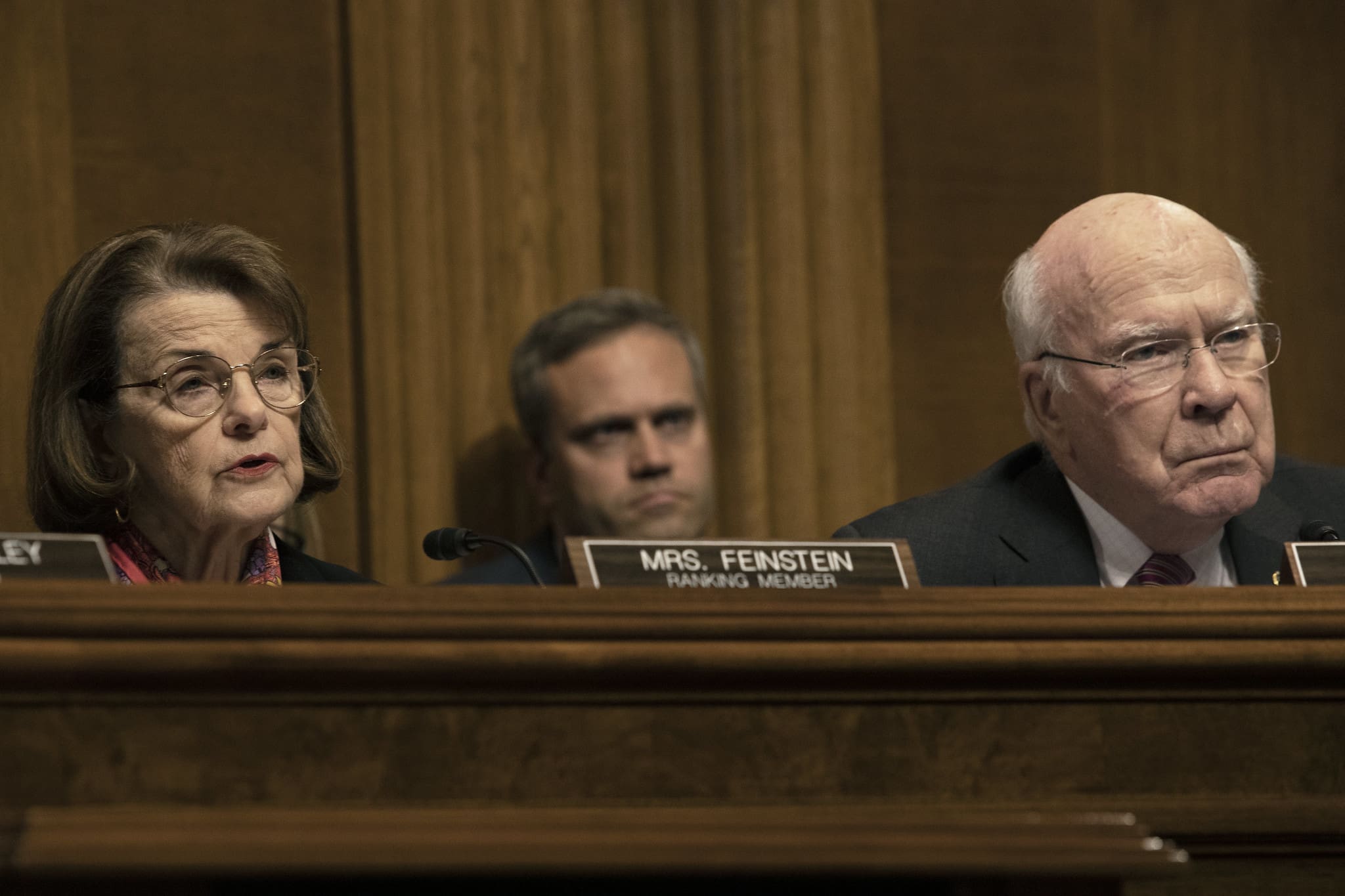
A US bill being considered by the Senate Judiciary Committee puts at stake the ability of the Palestinian leadership to engage diplomatic and legal channels to support Palestinian national aspirations and to seek accountability through international mechanisms, as well as the future of the US-Palestinian bilateral relationship. Al-Shabaka Policy Analyst Zaha Hassan reports.
Using Indigeneity in the Struggle for Palestinian Liberation
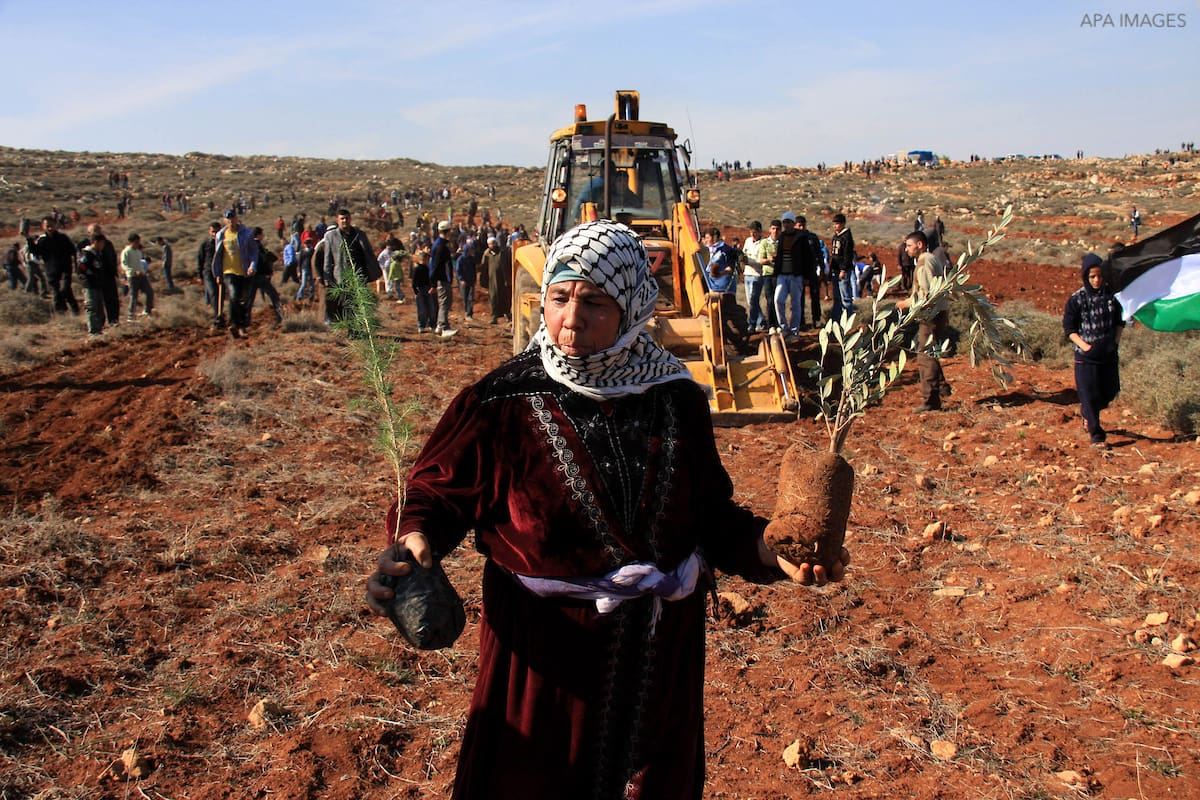
Indigeneity has re-emerged within the discourse on Palestine and is becoming a facet of political mobilization. But what does this mean in practice and how can indigeneity be harnessed to further Palestinian rights? Al-Shabaka’s 24347 and 24588 examine indigeneity in the context of international law and suggest ways to employ it in the Palestinian quest for liberation.
The Political Marginalization of Palestinian Women in the West Bank
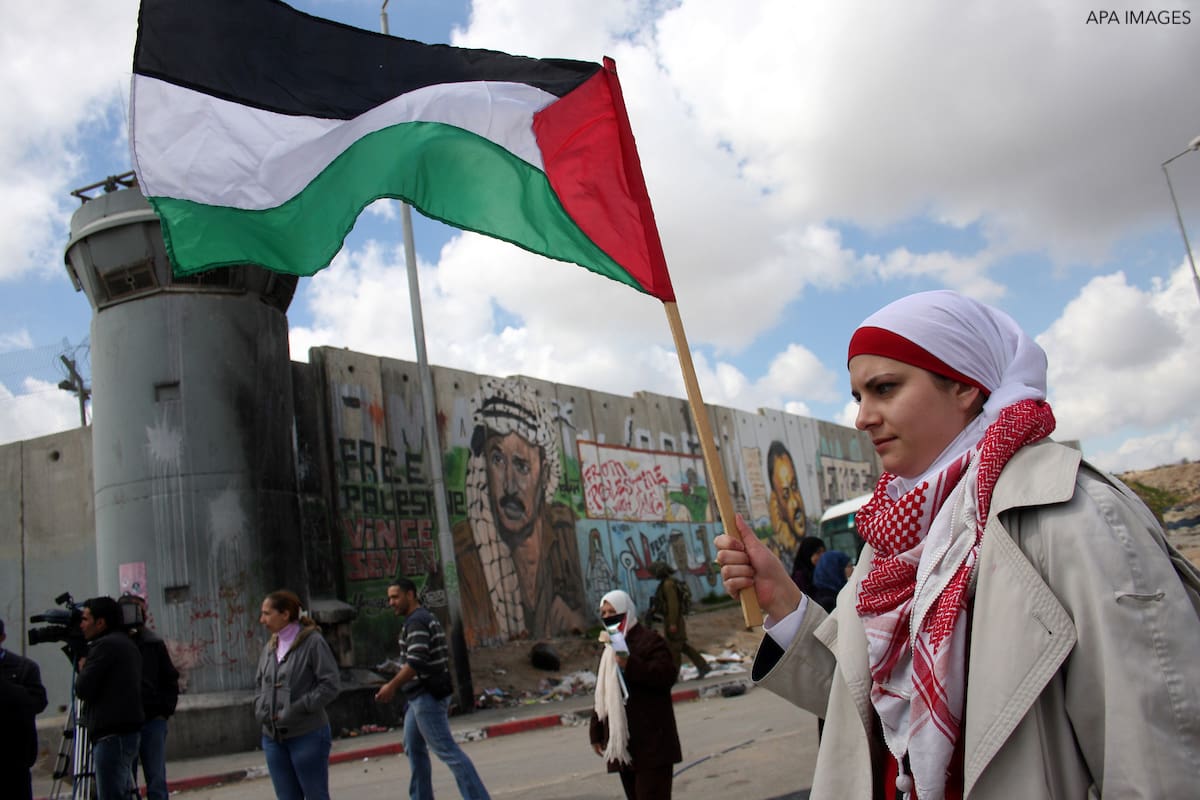
While Palestinian women have always faced political marginalization, developments since the Oslo Accords have caused them to endure perhaps even more formidable challenges when it comes to political participation. Al-Shabaka Palestine Policy Fellow 24588 outlines these challenges and recommends ways for Palestinian women and society to disrupt this process and revitalize the Palestinian liberation struggle through feminism.
Gaza: Stuck in the Status Quo
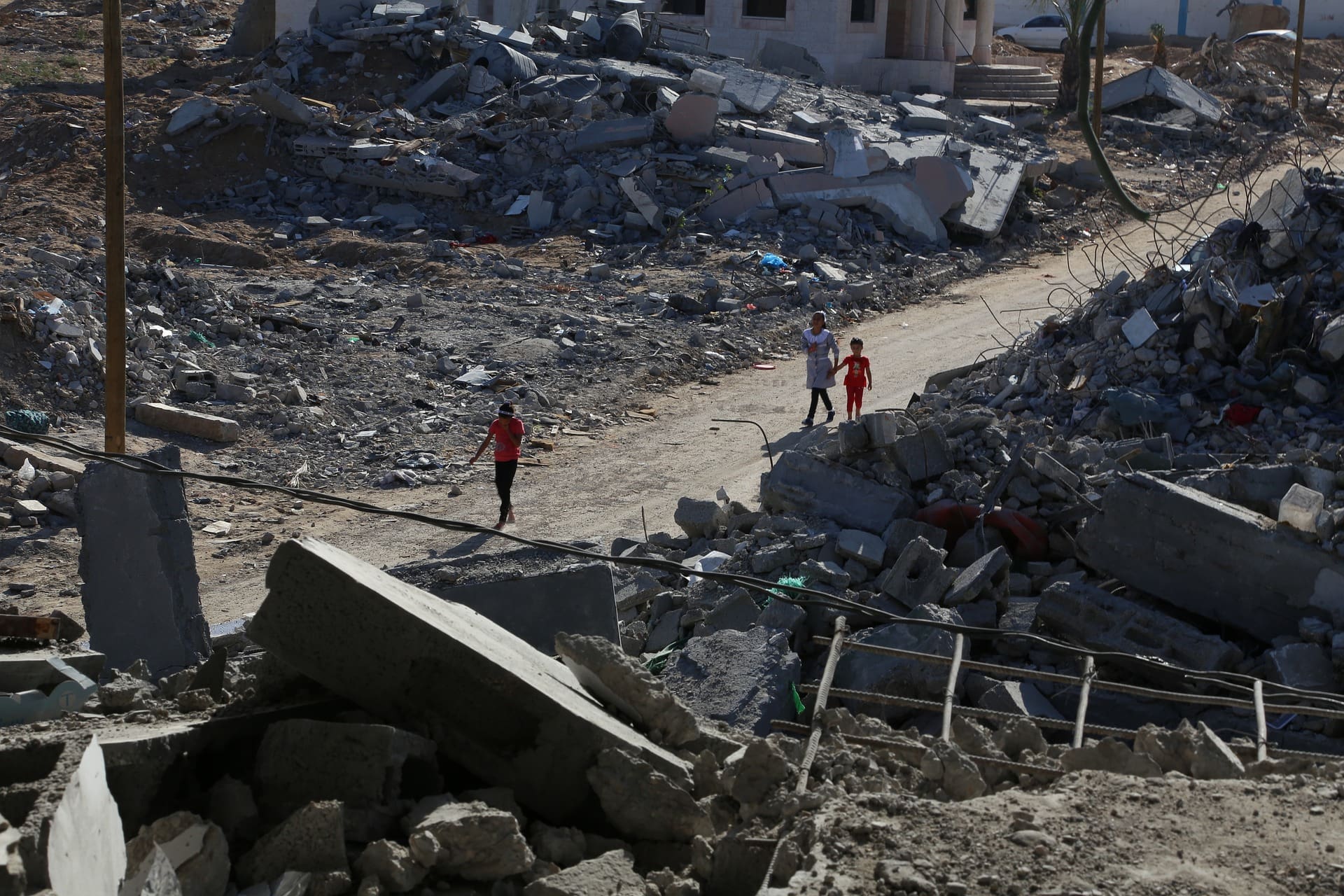
For years, Palestinians have decried the devastating conditions in Gaza, only to see those conditions continue to worsen. What’s prevented real change from happening on the ground, and what ramifications has this had on Palestinians in Gaza and the broader struggle for Palestinian liberation? In this policy lab, analysts Tareq Baconi and Yasmeen El-Khoudaryjoin host Nur Arafeh to weigh in on these questions and more.
The US Law Restricting Satellite Imagery of Palestine-Israel
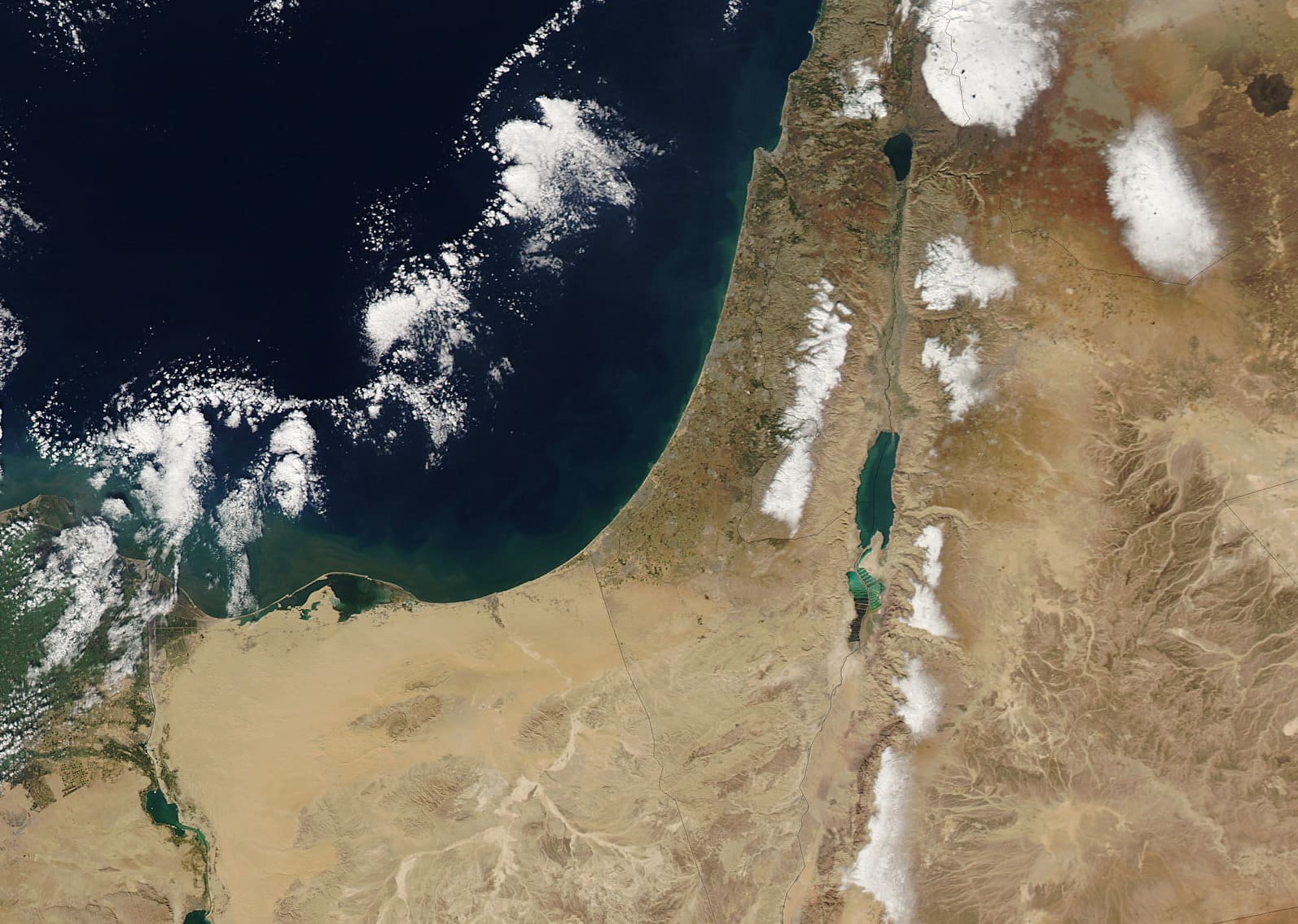
The Kyl-Bingaman Amendment, passed by the US Congress in 1997 under the pretext of protecting Israel’s national security, prevents US satellite operators and retailers from selling or disseminating high-resolution images of Palestine-Israel. Al-Shabaka US Policy Fellow 24598 argues that the legislation is an act of censorship that also harms US business, and calls for its dissolution.
The Conditional Right to Health in Palestine
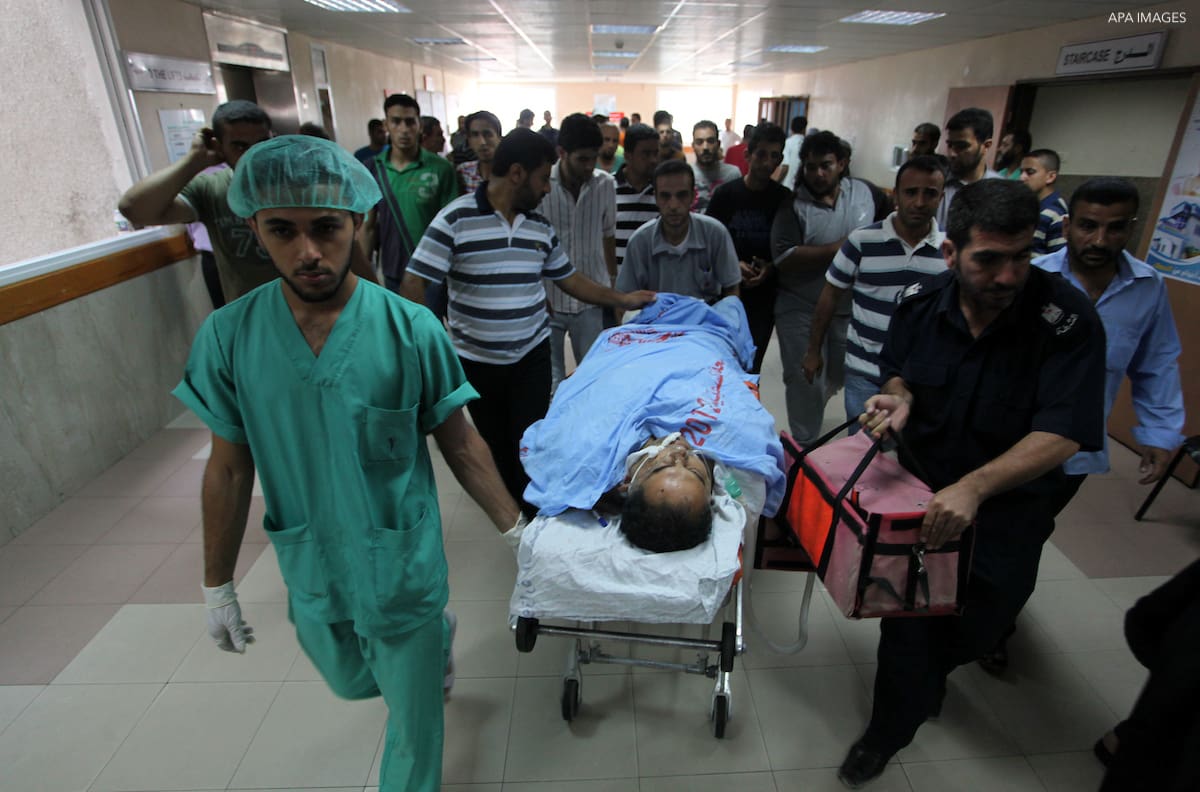
For decades, political barriers have obstructed the Palestinian health system in the West Bank and Gaza Strip, impeding rights and protections. Al-Shabaka Policy Analyst Yara Asi examines how the Israeli occupation has decreased Palestinians’ ability to seek or practice health care, and offers recommendations that can support Palestinians’ right to health within the current constrained circumstances.
Trump, Palestine, and the False Premise of “Economic Peace”

Trump’s efforts to bolster the Palestinian economy in lieu of concrete political action are part of a long history of initiatives designed to forfeit Palestinian rights under the guise of “economic peace.” In this policy lab, Al-Shabaka Policy Analysts Diana Buttu and Ibrahim Fraihat weigh in on the threats these initiatives pose for the Palestinian […]
The Rise in Hate Speech Targeting Palestinians in Israeli Social Media

The number of online attacks against Palestinians by Israelis are on the rise. Al-Shabaka Policy Analyst Nadim Nashif of 7amleh – the Arab Center for the Advancement of Social Media analyzes the results of his organization’s latest report on racism on Israeli social media and recommends ways to protect Palestinians and their freedom of speech.









